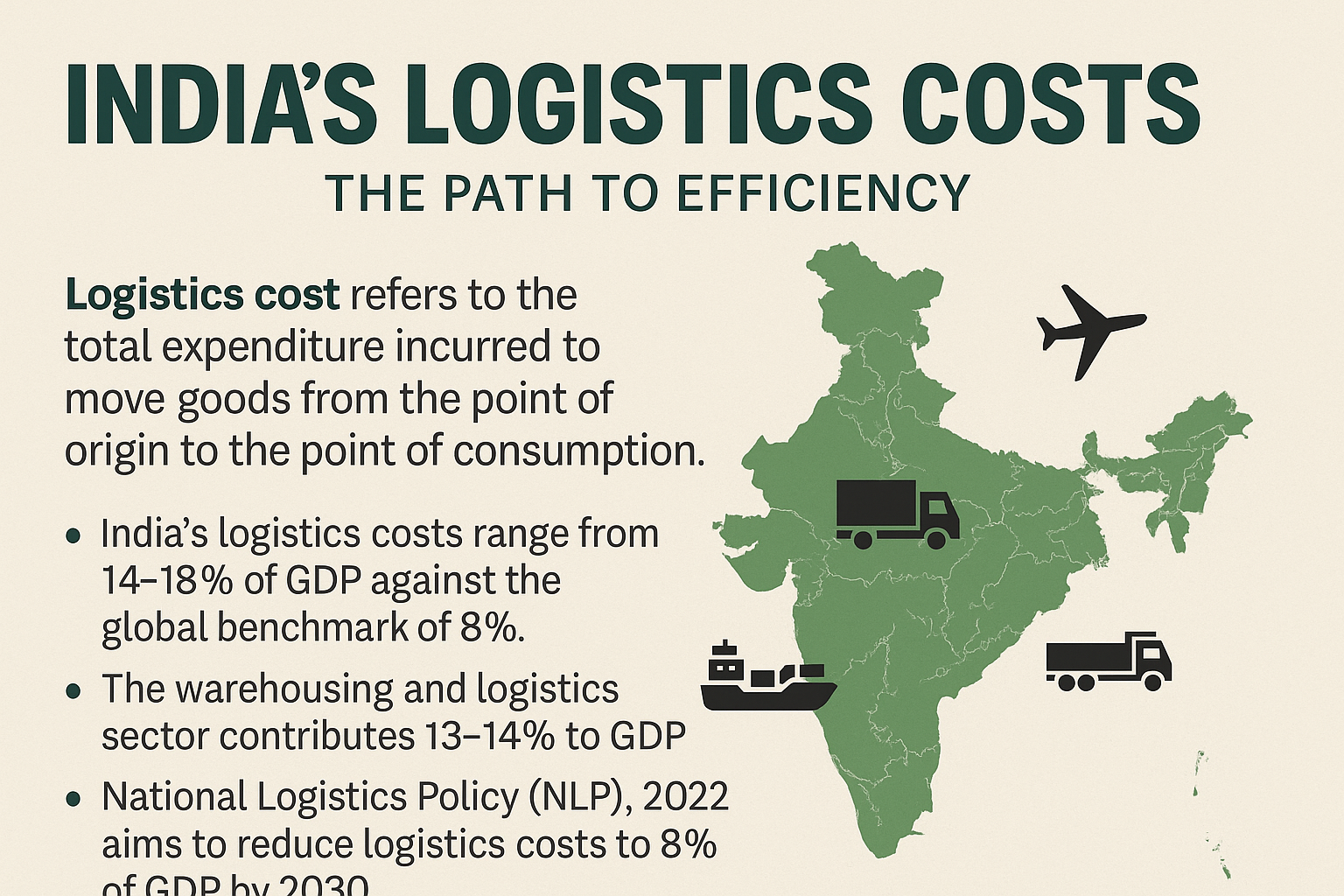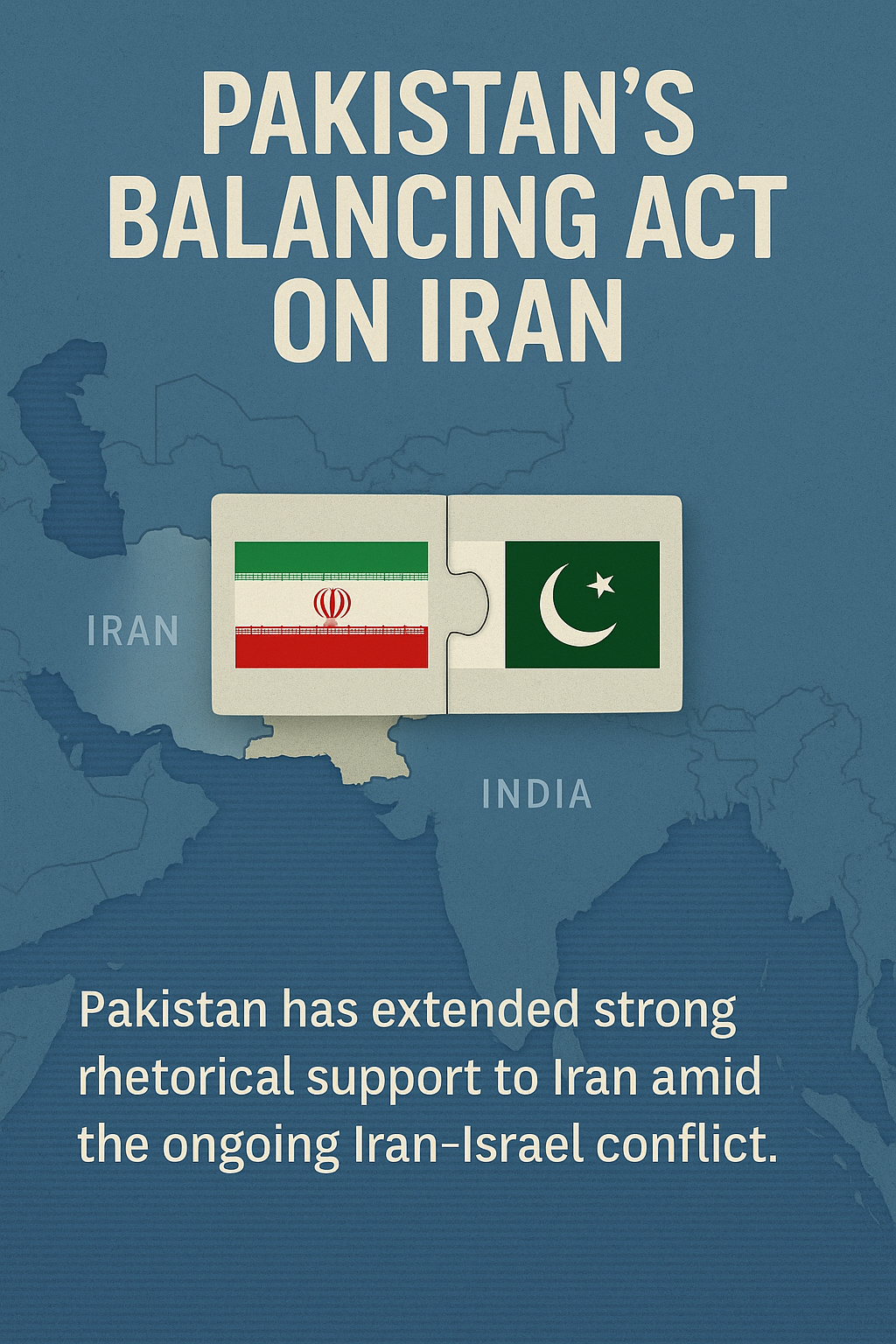150.
🌪️ Nature’s Fury Meets Coastal Resilience
Tropical Cyclone Sean: A Powerful System Sweeps Through Western Australia
🌀 Formation of Cyclone Sean
Tropical Cyclone Sean developed on January 20, 2025, originating as a tropical disturbance and rapidly escalating to a Category 4 system before being downgraded to Category 3.
🔍 Key conditions that fueled its intensification:
- Warm sea surface temperatures above 27°C 🌊
- Low-pressure zone at the core of development 🔻
- Minimal vertical wind shear, allowing storm stability and growth ↔️
- Coriolis effect, aiding in storm rotation and structure 🌍
🌬️ Causes of Tropical Cyclones
Understanding the environmental recipe behind such powerful storms:
- 🌡️ Warm Sea Temperatures – Critical threshold: 27°C and above
- 📉 Low Pressure Zones – Triggers convergence and uplift
- 🌀 Coriolis Force – Initiates the storm’s spin
- ⛅ Low Vertical Wind Shear – Encourages storm organisation
🔍 Structure of a Tropical Cyclone
- Eye – Calm and clear, with the lowest pressure 🌑
- Eyewall – The most violent winds and heaviest rain 🌧️
- Moisture Updrafts – Ocean warmth fuels massive cloud systems ☁️
🌧️ Effects of Tropical Cyclone Sean
📊 Record Rainfall
- Karratha recorded a historic 274 mm in just 24 hours – the highest ever for the area.
- The intense downpour led to localised flash flooding and waterlogging.
🚨 Flood Risks
- Flash floods triggered emergency alerts across the Pilbara Coast.
- Roads and homes were affected, although no major landfall spared the region from large-scale destruction.
🛟 Community Disruptions
- Emergency responders performed water rescues and dealt with power outages ⚡
- Key routes like the North West Coastal Highway faced partial disruption
🧭 Looking Ahead
As Sean drifts into cooler waters, its strength is expected to diminish, but the event serves as a powerful reminder of nature’s unpredictability. The resilience of communities and the swift action of emergency services continue to be crucial in mitigating the cyclone’s impact.















